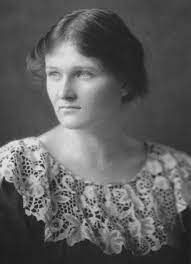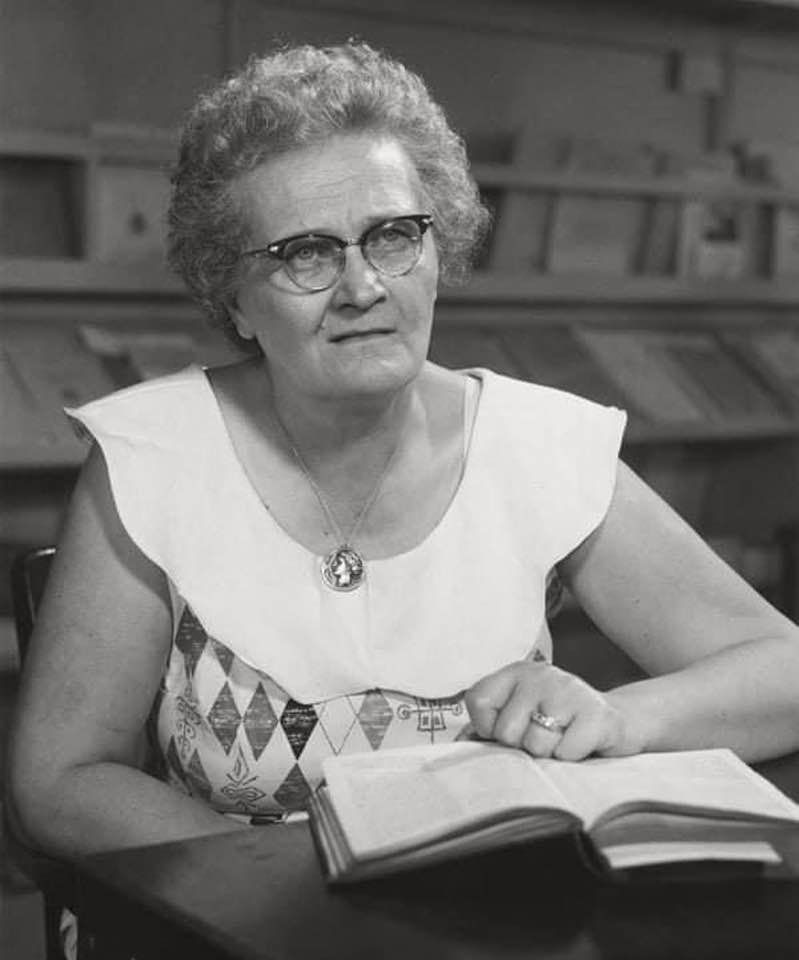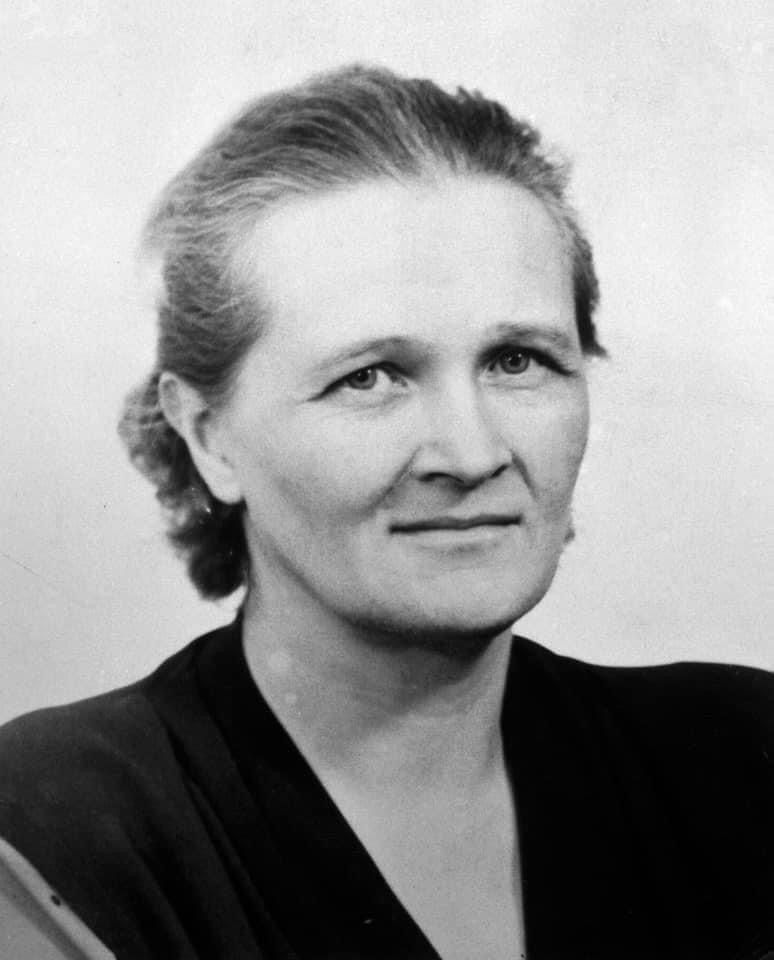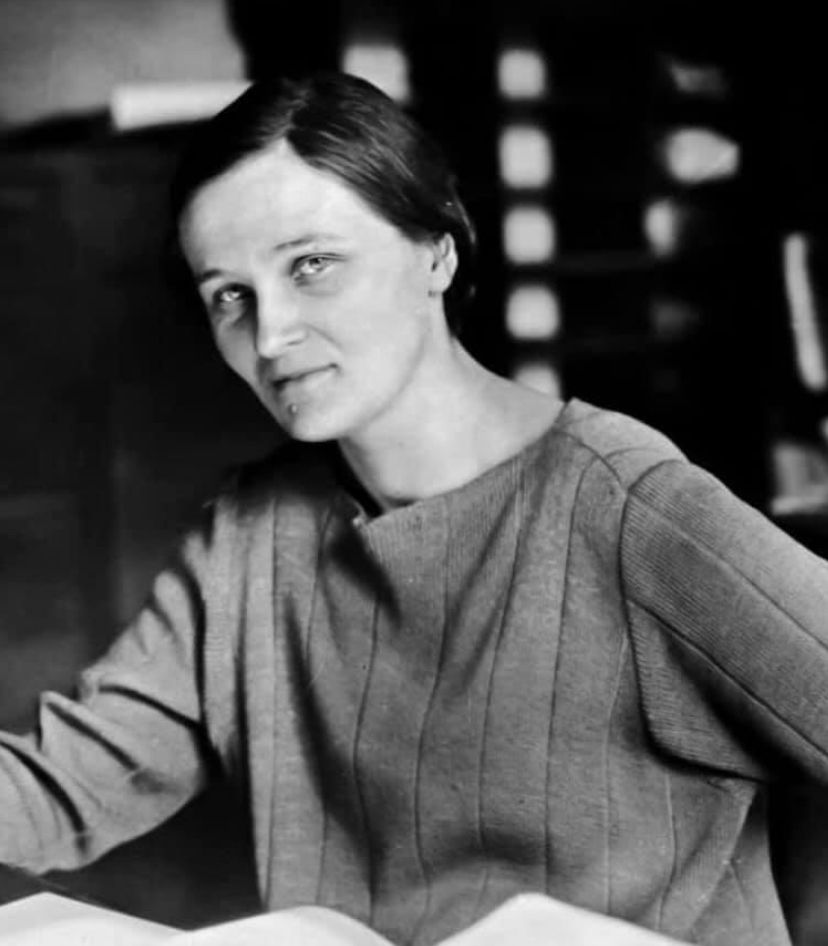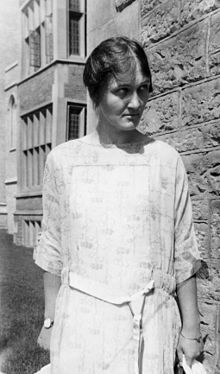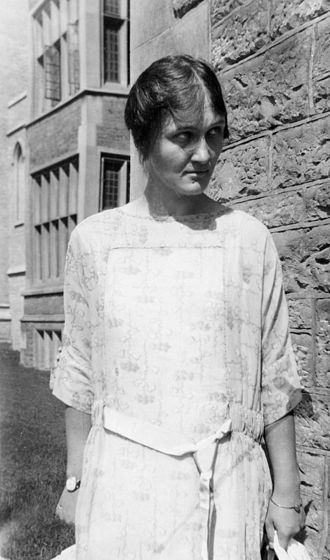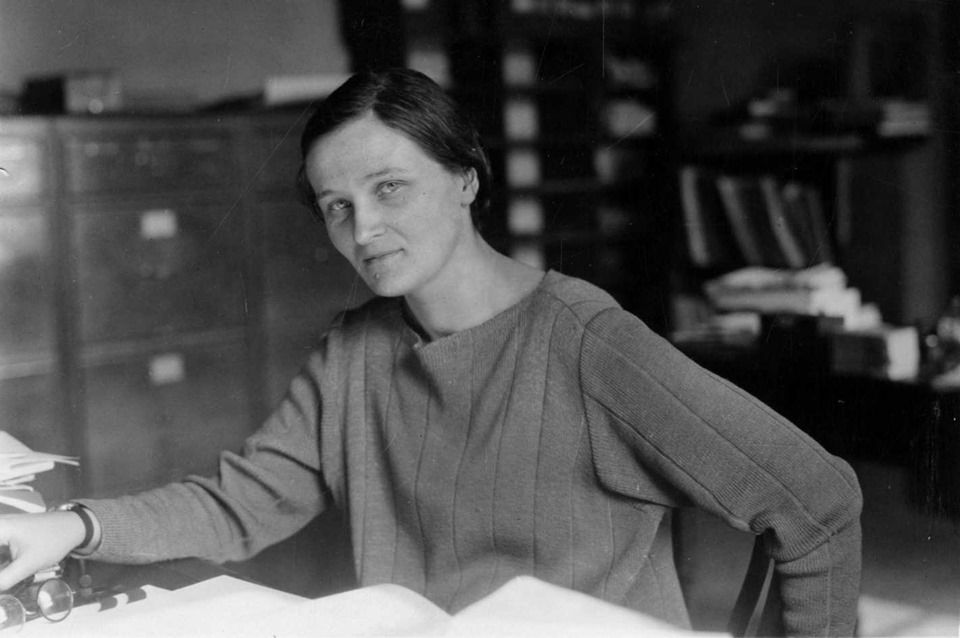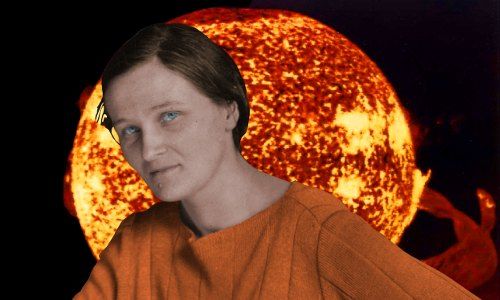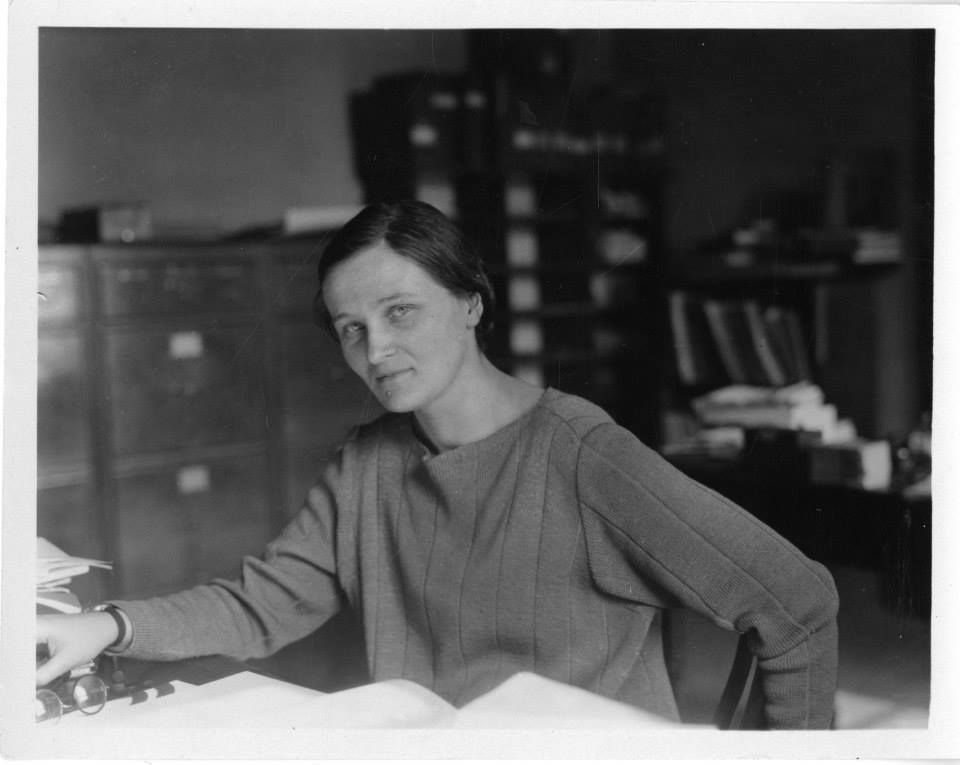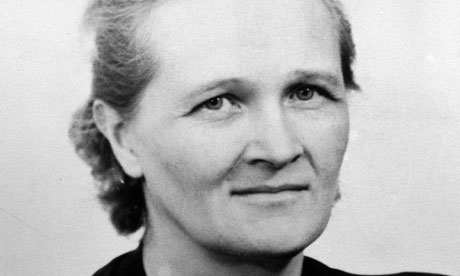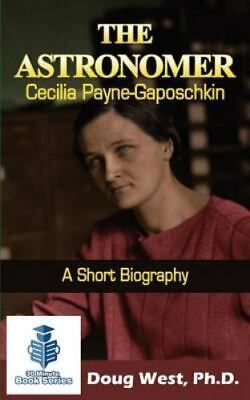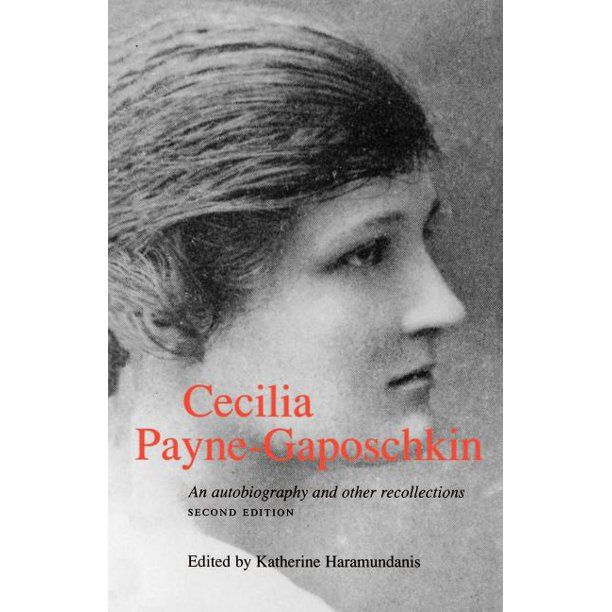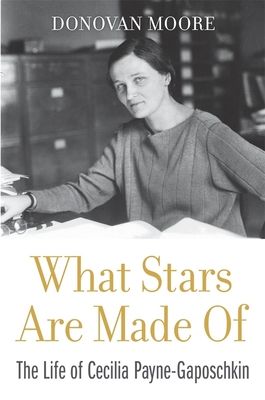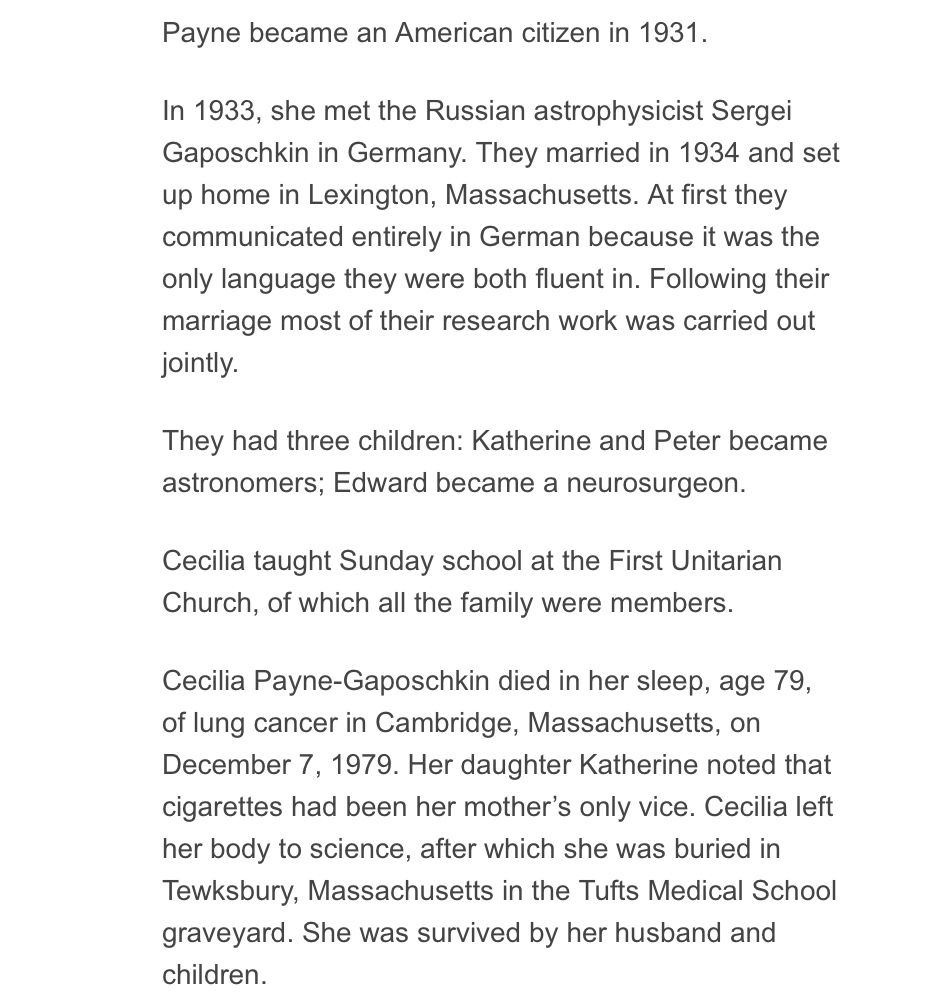Cecilia left her body to science, after which she was buried in Tewksbury, Massachusetts in the Tufts Medical School graveyard. She was survived by her husband and children.
Full bio found here: https://www.famousscientists.org/cecilia-payne-gaposchkin/
Cecilia Payne-Gaposchkin), who in 1923 came to the United States to study stellar spectra at the Harvard College Observatory. In a remarkably short time, Payne managed to quantify and classify the stellar spectra in the plate collection at the Observatory, arriving at the startling conclusion that stars are "amazingly uniform" in their composition, and that hydrogen is millions of times more abundant than any other element in the universe.
Her doctoral dissertation, Stellar Atmospheres (1925), demonstrated her theory concerning the chemical composition of stars and earned her the first doctoral degree ever offered to either man or woman by Harvard's astronomy department. A few years later, Otto Struve, an eminent astronomer, called it "the most brilliant Ph.D. thesis ever written".
• Cecilia Payne's mother refused to spend money on her college education, so she won a scholarship to Cambridge.
• Cecilia Payne completed her studies, but Cambridge wouldn't give her a degree because she was a woman, so she said to heck with that and moved to the United States to work at Harvard.
• Cecilia Payne was the first person ever to earn a Ph.D. in astronomy from Radcliffe College, with what Otto Strauve called "the most brilliant Ph.D. thesis ever written in astronomy."
• Not only did Cecilia Payne discover what the universe is made of, she also discovered what the sun is made of (Henry Norris Russell, a fellow astronomer, is usually given credit for discovering that the sun's composition is different from the Earth's, but he came to his conclusions four years later than Payne — after telling her not to publish).
• Cecilia Payne is the reason we know basically anything about variable stars (stars whose brightness as seen from earth fluctuates). Literally every other study on variable stars is based on her work.
• Cecilia Payne was the first woman to be promoted to full professor from within Harvard, and is often credited with breaking the glass ceiling for women in the Harvard science department and in astronomy, as well as inspiring entire generations of women to take up science.
https://en.wikipedia.org/wiki/Cecilia_Payne-Gaposchkin
Cecilia left her body to science, after which she was buried in Tewksbury, Massachusetts in the Tufts Medical School graveyard. She was survived by her husband and children.
Full bio found here: https://www.famousscientists.org/cecilia-payne-gaposchkin/
Cecilia Payne-Gaposchkin), who in 1923 came to the United States to study stellar spectra at the Harvard College Observatory. In a remarkably short time, Payne managed to quantify and classify the stellar spectra in the plate collection at the Observatory, arriving at the startling conclusion that stars are "amazingly uniform" in their composition, and that hydrogen is millions of times more abundant than any other element in the universe.
Her doctoral dissertation, Stellar Atmospheres (1925), demonstrated her theory concerning the chemical composition of stars and earned her the first doctoral degree ever offered to either man or woman by Harvard's astronomy department. A few years later, Otto Struve, an eminent astronomer, called it "the most brilliant Ph.D. thesis ever written".
• Cecilia Payne's mother refused to spend money on her college education, so she won a scholarship to Cambridge.
• Cecilia Payne completed her studies, but Cambridge wouldn't give her a degree because she was a woman, so she said to heck with that and moved to the United States to work at Harvard.
• Cecilia Payne was the first person ever to earn a Ph.D. in astronomy from Radcliffe College, with what Otto Strauve called "the most brilliant Ph.D. thesis ever written in astronomy."
• Not only did Cecilia Payne discover what the universe is made of, she also discovered what the sun is made of (Henry Norris Russell, a fellow astronomer, is usually given credit for discovering that the sun's composition is different from the Earth's, but he came to his conclusions four years later than Payne — after telling her not to publish).
• Cecilia Payne is the reason we know basically anything about variable stars (stars whose brightness as seen from earth fluctuates). Literally every other study on variable stars is based on her work.
• Cecilia Payne was the first woman to be promoted to full professor from within Harvard, and is often credited with breaking the glass ceiling for women in the Harvard science department and in astronomy, as well as inspiring entire generations of women to take up science.
https://en.wikipedia.org/wiki/Cecilia_Payne-Gaposchkin
Gravesite Details
Tufts Medical School graveyard, as she'd left her body to science.
Family Members
Sponsored by Ancestry
Advertisement
See more Gaposchkin or Payne memorials in:
- Pine Hill Cemetery Gaposchkin or Payne
- Tewksbury Gaposchkin or Payne
- Middlesex County Gaposchkin or Payne
- Massachusetts Gaposchkin or Payne
- USA Gaposchkin or Payne
- Find a Grave Gaposchkin or Payne
Records on Ancestry
Advertisement
